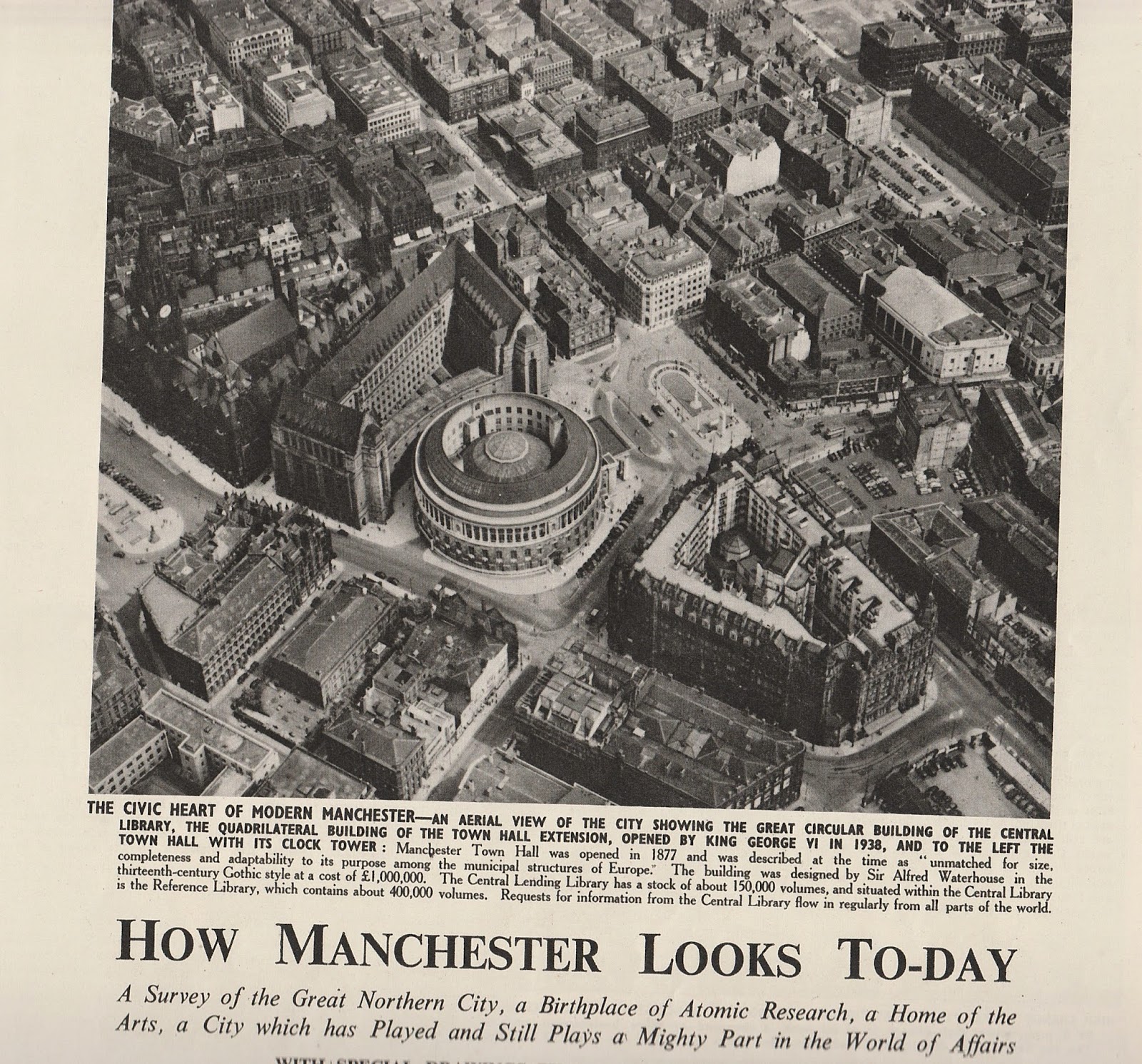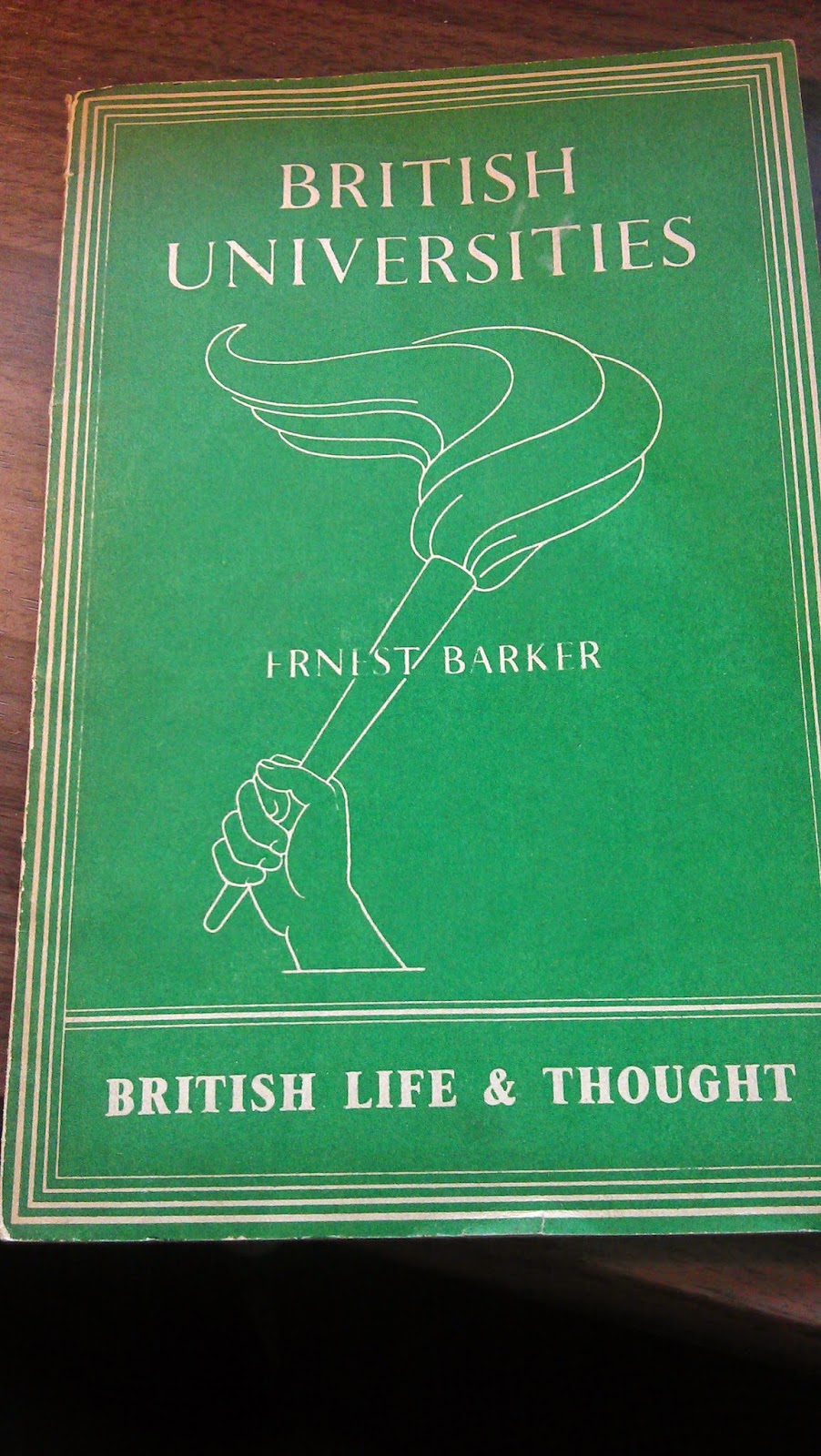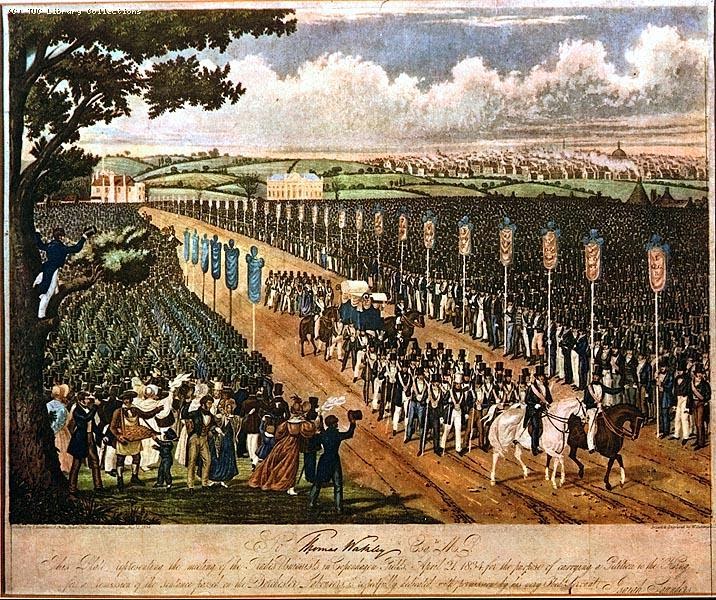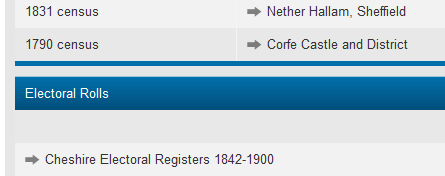Robin Pedley, 'The Comprehensive School', Pelican book, 1963

Bought this from a stall selling old penguin and pelican paperbacks in Soho. Robin Pedley, The Comprehensive School , 1963. The Times , 13 July 1961, 'A New Society': In spite of the virtual abolition of poverty, in spite of the rise there has been in the rewards of labour, in spite of the fact that ... the great bulk of the nation now regards itself as middle-class, Britain is still a jealous and divided nation.









